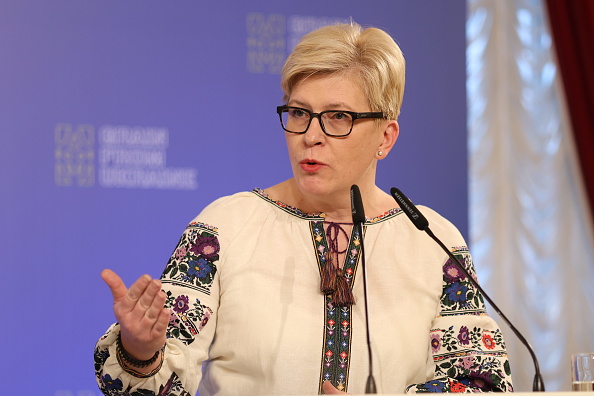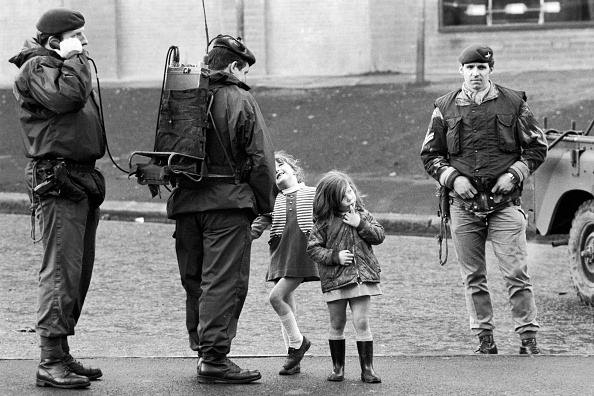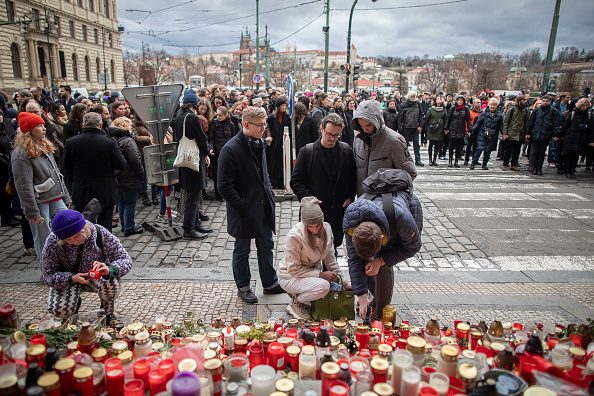European Commission vice-president Margaritis Schinas asked Taylor Swift, if she was listening, to encourage young people to vote in June’s European Parliament elections at a press conference on January 11,
The most streamed woman on Spotify will be in Europe in May, and in an Instagram post in September she called for Americans to register to vote, in what the Brussels executive might have seen as a precedent.
The Commission’s attempt to engage “youth” with its “European project” ahead of elections to a European Parliament that only 57 per cent of Eurobarometer respondents had even heard of.
The internet’s response was mixed.
One poster on X/Twitter wondered why Schinas could not find a pop star within the EU.
It was “nice but vacuous PR”, but “young Europeans can see through such artificial ‘cool’ talk to see the sad reality and lack of real empathy by the Commission,” wrote Brussels-based media advisor Shada Islam.
Two years after the European Year of Youth and after a period of reflection on its “insights”, the Commission had, it seems, had arrived at the conclusions that its senior members need to “speak more often to young people about current and planned policies.”
Schinas said he “hoped that someone from her media team follows this press conference and relays our request to her”.
The executive, which has in the past employed figure including Bob the Builder, a British animation, in an attempt to to jazz up its often dull output, will apply a “youth check” to all new policies from now on.
This starts with an “impact assessment on the possible effects on youth”, explains María Rodríguez Alcázar, president of the European Youth Forum, which advocates on behalf of young people to the EU institutions.
It also means “youth participation to define that policy”, and “mitigation measures, in case there are negative impacts, so we make sure that no new EU policy has negative impacts on younger generations,” she tells Brussels Signal.
Here's the EC's @MargSchinas making his bid to Taylor Swift to get the vote out for EU elections in June. (Oh and Taylor, if it helps any, he's a fella over there with some hella good hair) @taylorswift13 pic.twitter.com/Xybh8aWkQ2
— James Kanter (@jameskanter) January 10, 2024
Not all the target audience quite saw the Commission’s announcement as a panacea.
“Most of the legislation that impacts youth is made on the national level”, observes Tomás Quintino Gouveia, a Portuguese politics undergraduate.
He also called the youth check “a bit vague”, though he agreed “youth is under-represented within European institutions, potentially due to their reduced electoral power”.
The problem, especially ahead of European Parliament elections, is easier to identify.
A 2022 Eurobarometer survey found 15-to-24 year olds were much less likely to have read, seen, or heard about the European Parliament (50 per cent) than people over 55 (62 per cent).
In some countries, the European Parliament’s visibility was quite low indeed: only 39 per cent of people in France had heard something about it.
And the European Parliament was much less visible than the European Union generally, which 72 per cent of people had heard something about it recently.
As to whether an electorally-minded morale boost from Taylor Swift is in fact what European youth today need, Gouveia at least is unconvinced.
“I am unsure about that unfortunately,” he says.





